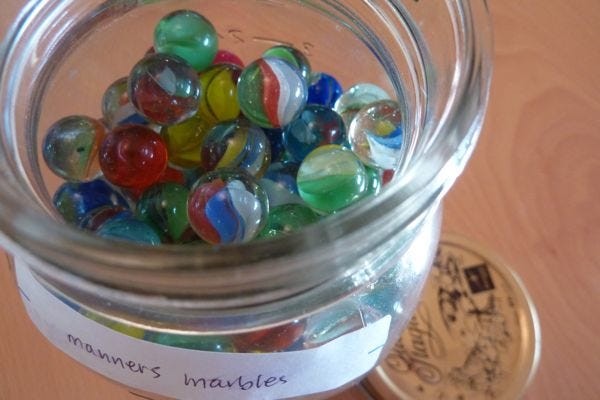Table Manners for Grown-ups

Last week I was having coffee with a friend and we ran into a dad she knows from her kids' school. Jenny, she said, This is Tom. He is the best dinner guest.
I learned also that he is a writer. A film professor at a nearby university. But that's not what stayed with me. When I saw him the next weekend across the farmer's market the first thing I thought …



